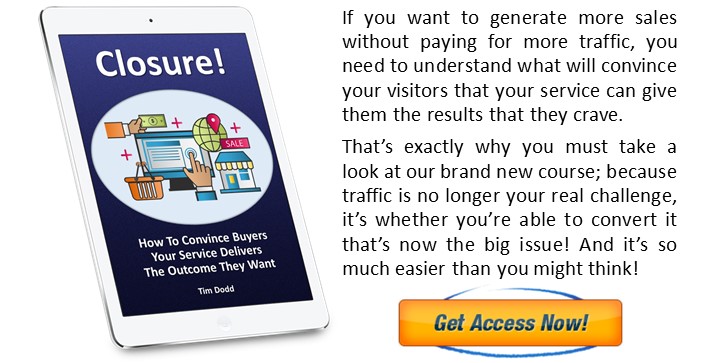
The Psychological Power of Specificity
People are always a little skeptical whenever they’re reading bold claims in ads or other content. However, there are ways to reduce their skepticism and make them more likely to believe what you’re telling them. One of these ways is by being specific about your claims.
Take a look at these two statements:
Statement 1: You’ll find out how George made £5000 last month with LinkedIn Ads, and how you can too!
Statement 2: You’ll find out how George made £5223 last month with LinkedIn Ads, and how you can too!
Those statements are exactly the same, except for the amount. The first one is an even £5000, whereas the second statement is very specific.
Guess which statement is more compelling?
If you said Statement 2, you’d be right.
That’s because it’s highly unlikely that someone made exactly £5000 last month and it’s far more believable that they actually made £5223. So, because a claim is specific, it comes across as more believable.
This doesn’t just work for monetary amounts – it works for most anything where you can be specific about a number. For example this includes:
- Length of time: “31 days” is more specific than “one month.”
- Weight: “Jack lost 63.5 pounds” is more specific and believable than “Jack lost 60 pounds.”
- Other dimensions such as length and width: “The plants grew 13 inches tall” is more specific and believable than saying they “grew about a foot.”
- Numbers: “15,955 subscribers” is more specific and believable than “about 16,000 subscribers.”
So you get the point. Whenever you can be specific about a number or any other detail, do so because it’s been proven that people are much more likely to believe specific value than a rounded value.
Next time we’ll cover the power of honesty…










Being Sociable